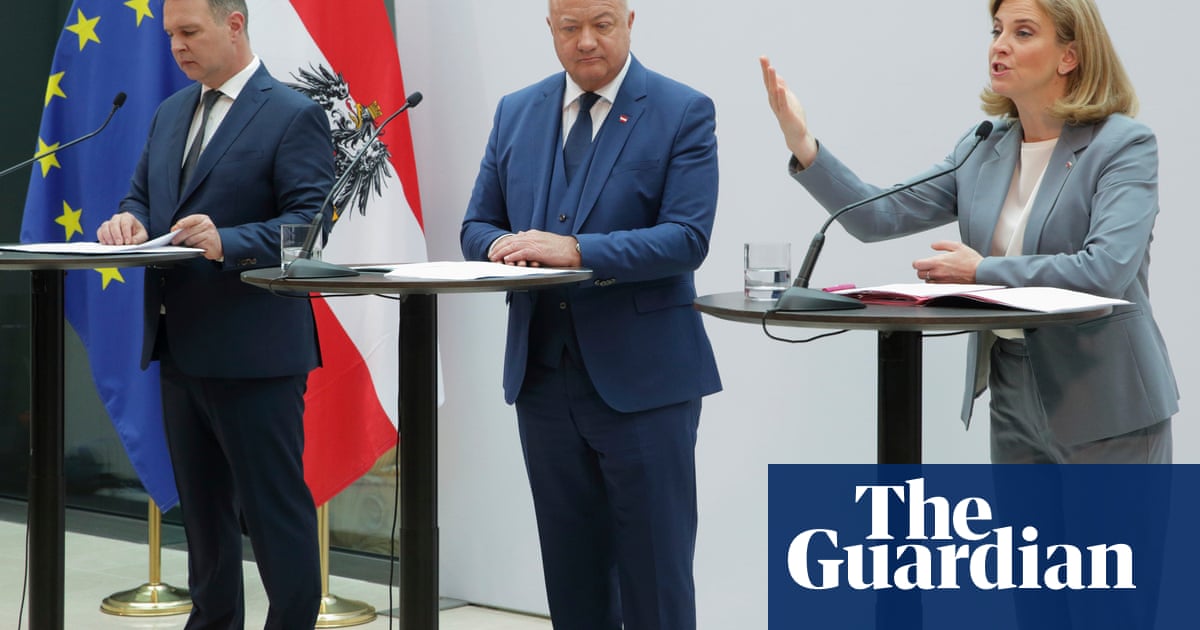Be the change you want to see @Serious 
I follow Germany from afar but Scholz has been in a terrible place because Germany got hit with KO blows back to back to back. The Russian invasion has been the start of the spiral.
In 2022, they had to severe Russian gas which their industry relied on heavily. It didn't really gave them cheap gas but Nord Stream gave them a stready and comfortable supply
Since 2023, they have been struggling with their exports most notably with China which doesn't need its cars any more. As an export-oriented economy, China is where they need to find their growth also because China is their main trading partner.
In 2024, they now know they won't be able to rely much more on the US for military protection with Trump arriving. US protection had allowed them to underspend on their defense budget for decades ( I think it has been between 1 and 1.5% since the 90s...).
So they are in limbo right now with a huge identity crisis because the era of industrial and economic strength that originated in the Schroder/Merkel relied mostly on the 3 points above that ended or are ending.
Germany is somehow in a worse place than us because their system is parliamentary at heart while in France, the president has far more power, at least in foreign affairs so they are kinda at a stop right now and currently have 0 leadership.

Didn’t know where to place this, because there’s no official Europe thread.
I figure people who follow / care about French politics care about this:
German Chancellor Olaf Scholz Loses Confidence Vote, Prompting Snap Election
@Liu Kang @mbewane
I follow Germany from afar but Scholz has been in a terrible place because Germany got hit with KO blows back to back to back. The Russian invasion has been the start of the spiral.
In 2022, they had to severe Russian gas which their industry relied on heavily. It didn't really gave them cheap gas but Nord Stream gave them a stready and comfortable supply
Since 2023, they have been struggling with their exports most notably with China which doesn't need its cars any more. As an export-oriented economy, China is where they need to find their growth also because China is their main trading partner.
In 2024, they now know they won't be able to rely much more on the US for military protection with Trump arriving. US protection had allowed them to underspend on their defense budget for decades ( I think it has been between 1 and 1.5% since the 90s...).
So they are in limbo right now with a huge identity crisis because the era of industrial and economic strength that originated in the Schroder/Merkel relied mostly on the 3 points above that ended or are ending.
Germany is somehow in a worse place than us because their system is parliamentary at heart while in France, the president has far more power, at least in foreign affairs so they are kinda at a stop right now and currently have 0 leadership.



